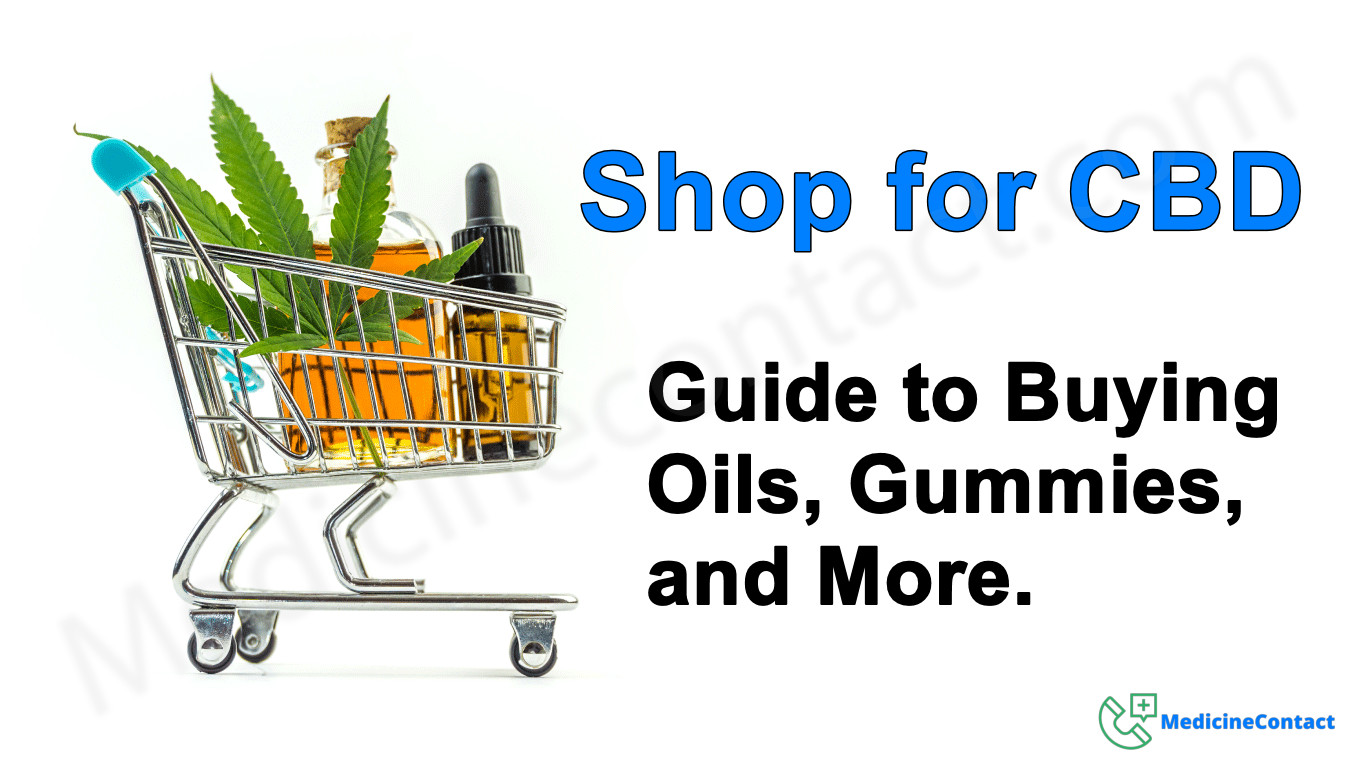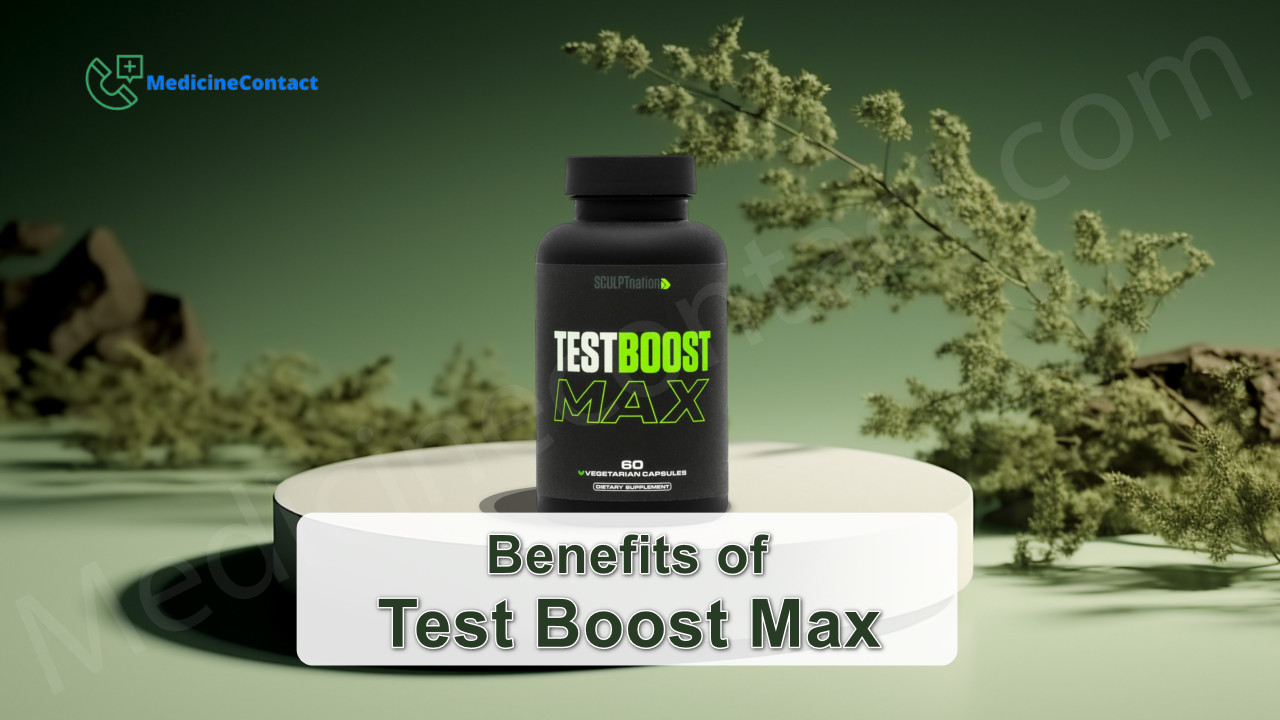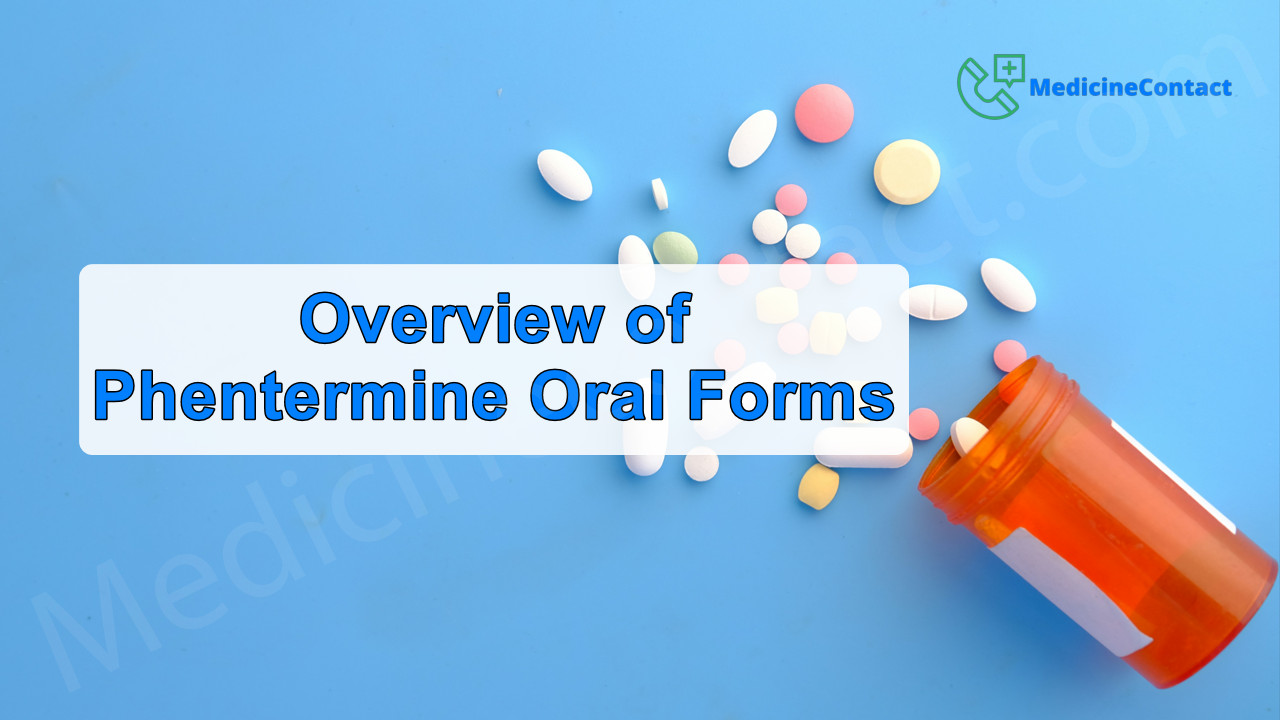
Introduction
Curious about how to shop for CBD? Whether you're looking to buy CBD oils, gummies, or other products, navigating the market can be overwhelming.
CBD (cannabidiol) has become incredibly popular as a wellness supplement. People are using it for various health benefits like reducing stress and managing pain. But with this increase in demand comes a wide range of products with different levels of quality and effectiveness.
Shopping for CBD isn't just about picking the first product you see. It's important to be informed for both safety and effectiveness. Without proper knowledge, you might end up with a product that doesn't work for you or worse, contains harmful substances.
What You'll Learn in This Article:
- Different Types of CBD Products: Discover the various forms of CBD available such as oils and gummies.
- How to Ensure Quality: Learn how to check product quality through lab reports.
- Legal Aspects: Stay updated on the legal status of CBD products.
By the end of this guide, you'll feel confident in making informed decisions when buying CBD oils, gummies, and more.
Understanding CBD and Its Types
Cannabidiol (CBD) has gained significant attention in the wellness industry. It's one of many cannabinoids found in cannabis plants, which include both hemp and marijuana. The primary distinction between these sources lies in their THC content; hemp contains less than 0.3% THC, while marijuana has higher levels.
Types of CBD
When shopping for CBD products, it's essential to understand the different types available:
- Full-Spectrum CBD: This type includes all cannabinoids found in the cannabis plant, including trace amounts of THC (under 0.3%). Many users believe that the combination of cannabinoids enhances efficacy through the "entourage effect."
- Broad-Spectrum CBD: Similar to full-spectrum, broad-spectrum CBD contains multiple cannabinoids but excludes any detectable THC. This option is ideal for those who want to avoid THC while still benefiting from other cannabinoids.
- CBD Isolate: The purest form of CBD, isolate contains no other cannabinoids or plant compounds. It is often preferred by individuals who wish to experience CBD's effects without any interference from other substances.
Understanding these variants can help you make an informed decision when you shop for CBD products, whether you're looking for oils, gummies, or other forms. Each type offers unique benefits and may be suited for different needs and preferences.
Types of CBD Products Available
When exploring types of CBD products, it’s crucial to understand the variety available to suit different needs and preferences.
Oils/Tinctures
CBD oils and tinctures are popular for their quick absorption methods. Typically taken sublingually (under the tongue), these products allow cannabinoids to enter the bloodstream rapidly. This method is favored for its ease of use and precise dosage control.
Edibles (like Gummies)
CBD edibles, such as gummies, offer a tasty and convenient way to consume CBD. While they provide longer-lasting effects, the onset time is slower compared to oils. This delay occurs because the CBD must pass through the digestive system before entering the bloodstream.
Topicals
Topical CBD products include creams, balms, and lotions applied directly to the skin. These are ideal for localized relief, targeting specific areas of pain or inflammation without entering the bloodstream. They’re commonly used for arthritis, muscle soreness, and skincare.
Vaporizers
Vaping CBD provides fast action due to direct entry into the lungs and bloodstream. This method is preferred by those seeking immediate effects. However, it's essential to consider potential health risks associated with vaping, particularly regarding lung health.
Understanding these product forms can help you choose the best type of CBD product tailored to your lifestyle and wellness needs.
Potency and Dosage Considerations in Buying CBD Products
When starting with CBD, it's important to know the strength of CBD products and how much to take for safe and effective results. Begin with low doses and gradually increase to find what works best for you. This method helps reduce side effects and lets your body get used to the new supplement.
Key Points to Consider:
1. Start Low and Go Slow
Begin with a small dose, especially if you're new to CBD. This reduces risks and helps you understand how your body responds. Slowly increase the dosage until you get the desired effects.
2. Read Product Labels Carefully
Accurate information on cannabinoid content is essential. Look for details such as:
- CBD Content per Serving: Ensure that each serving size provides a clear indication of how much CBD you are consuming.
- Full-Spectrum vs. Broad-Spectrum vs. Isolate: Understanding these distinctions can guide you in choosing a product that aligns with your preferences and needs.
- Additional Ingredients: Some products may contain additives or other beneficial compounds like terpenes.
"Accurate labeling is not just about transparency; it's about ensuring that consumers receive what they expect from their CBD products."
Proper dosage also depends on personal factors like weight, metabolism, and the specific condition being addressed. Consulting with a healthcare professional can provide personalized advice tailored to your health profile.
By keeping these points in mind, shoppers can make informed choices when buying CBD oils, gummies, and other forms of cannabidiol, ensuring both safety and effectiveness.
Quality Assurance in Shopping for CBD Products
To ensure the safety and effectiveness of your CBD oils and gummies, it's important to verify the quality of the products. One crucial step in this process is obtaining a Certificate of Analysis (COA) from trusted third-party labs.
Certificate of Analysis (COA)
A COA is essential for confirming the cannabinoid content and purity of the product. This document provides detailed information about:
- Cannabinoid Profile: Verifies the levels of CBD, THC, and other cannabinoids.
- Terpene Profile: Identifies aromatic compounds that may contribute to the product's effects.
- Contaminant Testing: Screens for harmful substances such as heavy metals, pesticides, and microbial contaminants.
Identifying Contaminants
When shopping for CBD products, it's crucial to ensure they are free from contaminants. Lab testing reports should clearly state:
- Heavy Metals: Lead, arsenic, mercury, and cadmium can be harmful even in small quantities.
- Pesticides: Residues from agricultural chemicals pose health risks.
- Microbials: Bacteria, mold, and yeast should not be present in consumable products.
By prioritizing COAs and thorough lab testing, consumers can make informed decisions when buying CBD oils and gummies. This diligence helps maintain high standards of product safety and efficacy.
Understanding the Rules for Buying CBD Products
FDA Rules on Buying Hemp-Derived Products
The 2018 Farm Bill was a game-changer for hemp-derived products, including CBD. It made hemp and its derivatives legal at the federal level, removing them from the list of controlled substances. This change led to a booming market but also raised concerns about consumer safety and product quality.
FDA's View on Hemp-Derived CBD
The FDA has been careful in how it handles CBD products:
- Not Approved for Supplements or Food: The FDA doesn't currently allow CBD as an ingredient in dietary supplements or food products. Companies can't legally sell CBD in foods or drinks across state lines.
- Approved Uses: Only one CBD product, Epidiolex, has received FDA approval as a treatment for specific types of epilepsy. This shows that while some medical uses are accepted, they need thorough testing and approval.
- Safety Concerns: The FDA is still looking into the possible risks of long-term use, interactions with other medications, and overall safety. Consumers should be cautious about products making false health claims.
What This Means for Consumers
Since there aren't strict FDA rules yet, buyers need to be careful when choosing CBD products. Without proper checks, there's a chance of mislabeled items that might have harmful substances like heavy metals or pesticides. Looking for products with verified Certificates of Analysis (COA) can help reduce these risks.
By knowing these rules, consumers can make better choices when buying hemp-derived CBD products.
Finding Reputable Sources for Purchasing Quality CBD Products Online or Offline
When looking to shop for high-quality hemp extracts safely, choosing the right source is crucial. The credibility of the retailer directly impacts the safety and effectiveness of the CBD products you purchase.
Trustworthy Online Retailers
Purchasing from well-known online retailers can offer convenience and a broader selection of products. Look for:
- Transparency: Legitimate online stores provide detailed information about their sourcing, manufacturing processes, and third-party lab testing results.
- Customer Reviews: Check authentic reviews to gauge product quality and customer service experiences.
- Certifications: Ensure the retailer provides a Certificate of Analysis (COA) for each product, confirming cannabinoid content and absence of contaminants.
Licensed Pharmacies and State-Regulated Dispensaries
For an added layer of security, consider purchasing from licensed pharmacies or state-regulated dispensaries. These sources often adhere to stringent quality control standards:
- Regulatory Compliance: Licensed entities follow state guidelines ensuring product safety and labeling accuracy.
- Professional Guidance: Pharmacists and dispensary staff can offer personalized advice based on your health needs and product preferences.
Shopping from these reputable sources ensures you receive genuine, high-quality CBD products while minimizing risks associated with counterfeit or contaminated items.
Potential Interactions and Side Effects of Using Different Forms of CBD
CBD, or cannabidiol, is generally safe, but it's important to know about potential interactions and side effects when using different types of cannabis extracts like oils or edibles.
Potential Interactions with Medications
Cytochrome P450 Enzymes
CBD can affect liver enzymes that help break down drugs, which might change how other medications work. This is especially important for drugs processed by the cytochrome P450 enzyme system.
Blood Thinners
There is evidence suggesting CBD can interact with blood thinners such as Warfarin, leading to an increased risk of bleeding. Always consult with a healthcare professional before combining CBD with other medications.
Possible Side Effects
Digestive Issues
Edibles like gummies may cause mild stomach problems, including nausea or diarrhea.
Drowsiness and Fatigue
Higher doses of CBD oil can make you sleepy or tired, affecting your ability to do tasks that need focus.
Changes in Appetite
Some users report changes in appetite, which could lead to weight gain or loss depending on individual reactions.
Considerations for Different Product Forms
Topicals
Generally considered safe with minimal side effects since they are applied directly to the skin and not absorbed into the bloodstream.
Vaporizers
Quick onset but may pose risks to lung health, especially for those with pre-existing respiratory conditions.
General Recommendations
- Start with a low dose and monitor how your body reacts before increasing the dosage.
- Maintain open communication with your healthcare provider about any new supplements you are considering.
Understanding these aspects ensures a safer and more informed experience when integrating CBD into your wellness routine. However, it's also crucial to be aware of the adverse effects and drug interactions associated with medical cannabis use, as highlighted in various studies.
Conclusion
Making informed decisions when buying CBD oils and gummies is crucial for ensuring both safety and efficacy. By understanding different types of CBD, considering potency and dosage, and looking for quality assurance through third-party lab testing, you can confidently navigate the CBD market.
Emphasizing legal compliance helps in avoiding potential pitfalls related to regulatory issues. Always opt for reputable sources whether shopping online or offline.
Your experiences matter! Share your insights with various brands or forms of cannabis extracts in the comments to foster a community of shared knowledge and support.
Key Points Discussed In The Article:
- Importance of quality assurance in buying CBD products.
- Legal considerations for consumer safety.
- Encouraging community engagement through shared experiences.
For more insights on how to shop for CBD, check out our comprehensive guide to buying CBD oils, gummies, and more.
FAQs (Frequently Asked Questions)
What is CBD and how is it sourced?
CBD, or cannabidiol, is a compound derived from the hemp and marijuana plants. It has gained popularity for its potential wellness benefits. The primary source of CBD is hemp, which contains low levels of THC (under 0.3%), making it legal in many areas.
What are the different types of CBD products available?
CBD products come in various forms, including oils/tinctures for quick absorption, edibles like gummies for convenient consumption, topical products for localized relief, and vaporizers for fast action. Each type has its own onset times and effects.
How should I determine the right potency and dosage for CBD?
When using a new CBD product, it's important to start with a low dose and gradually increase it based on your body's response. Always read product labels to understand the cannabinoid content and ensure you are taking an appropriate amount.
Why is quality assurance important when shopping for CBD?
Quality assurance is crucial to ensure the safety and effectiveness of CBD products. Look for a Certificate of Analysis (COA) from reputable third-party labs that verifies product quality and checks for contaminants like heavy metals and pesticides.
What should I know about the regulatory landscape surrounding CBD products?
The FDA has established regulations regarding hemp-derived products following the 2018 Farm Bill. These regulations aim to protect consumer safety by ensuring that products meet certain standards, although enforcement can vary.
Are there any potential interactions or side effects associated with CBD?
While CBD generally has a good safety profile, it can interact with certain medications due to how cannabinoids affect our body's systems. It's important to consult a healthcare professional before starting any new CBD regimen.
Disclaimer: This article is for informational purposes only and does not constitute medical advice. Always consult with a healthcare professional before starting any new treatment regimen.




